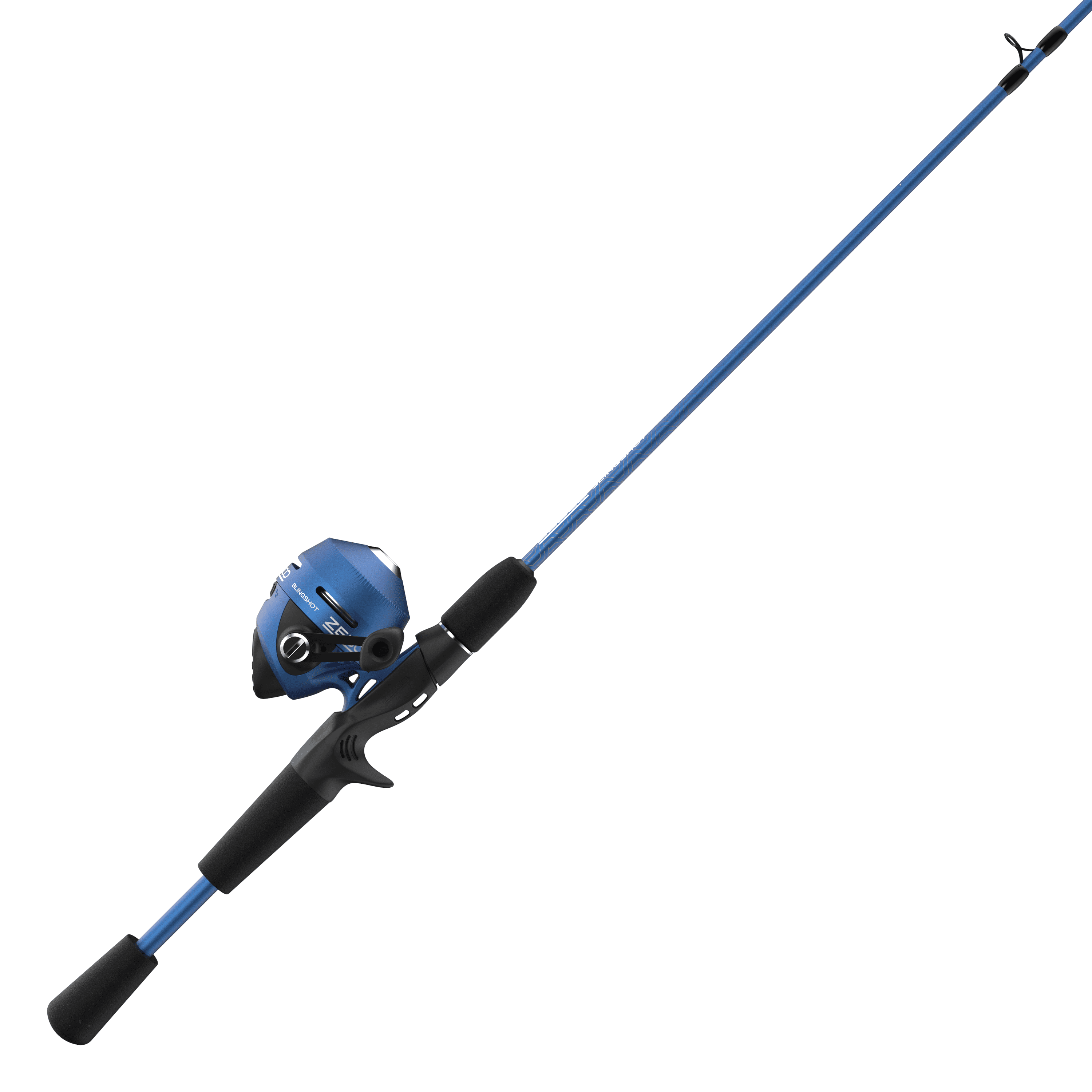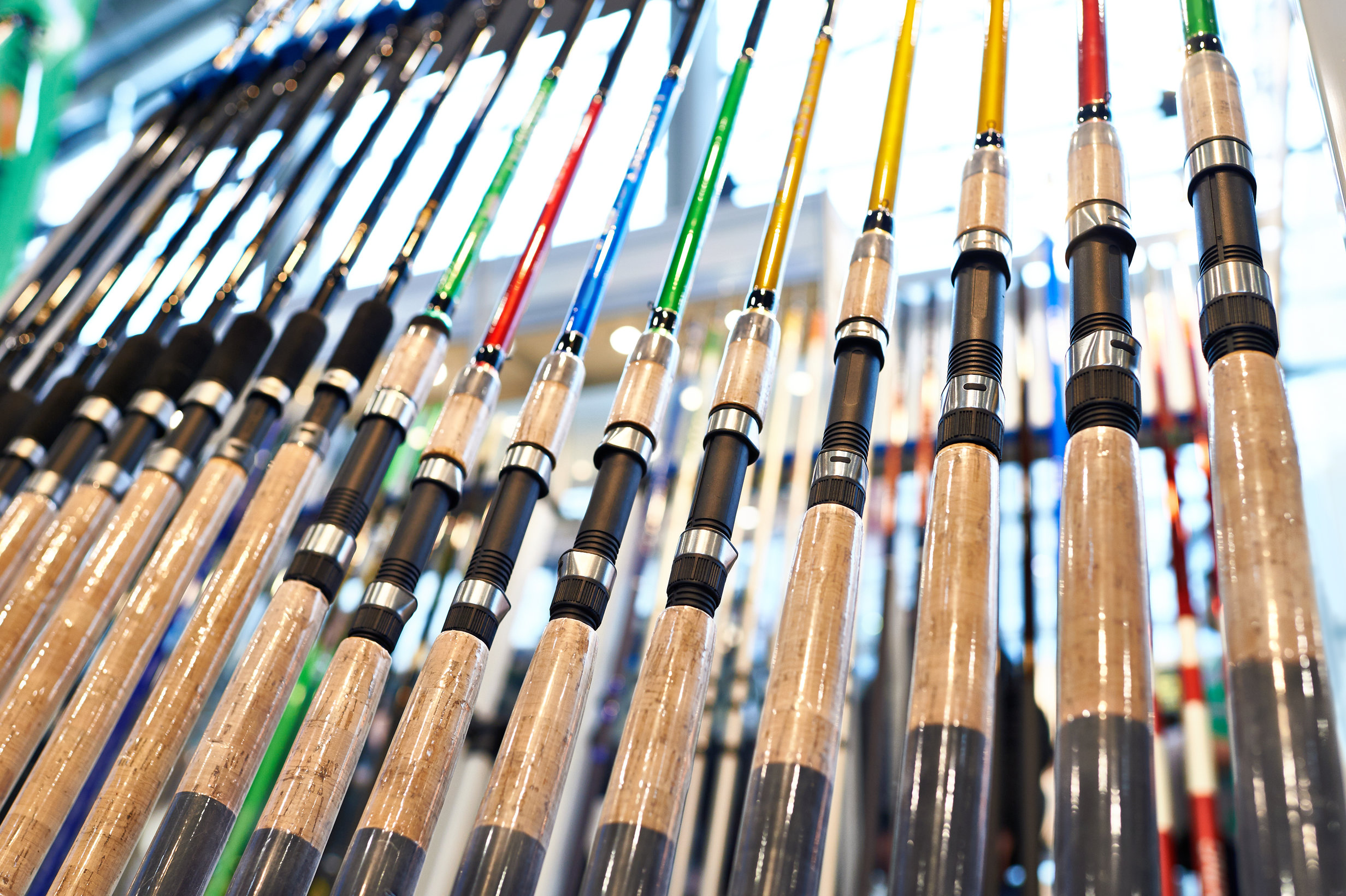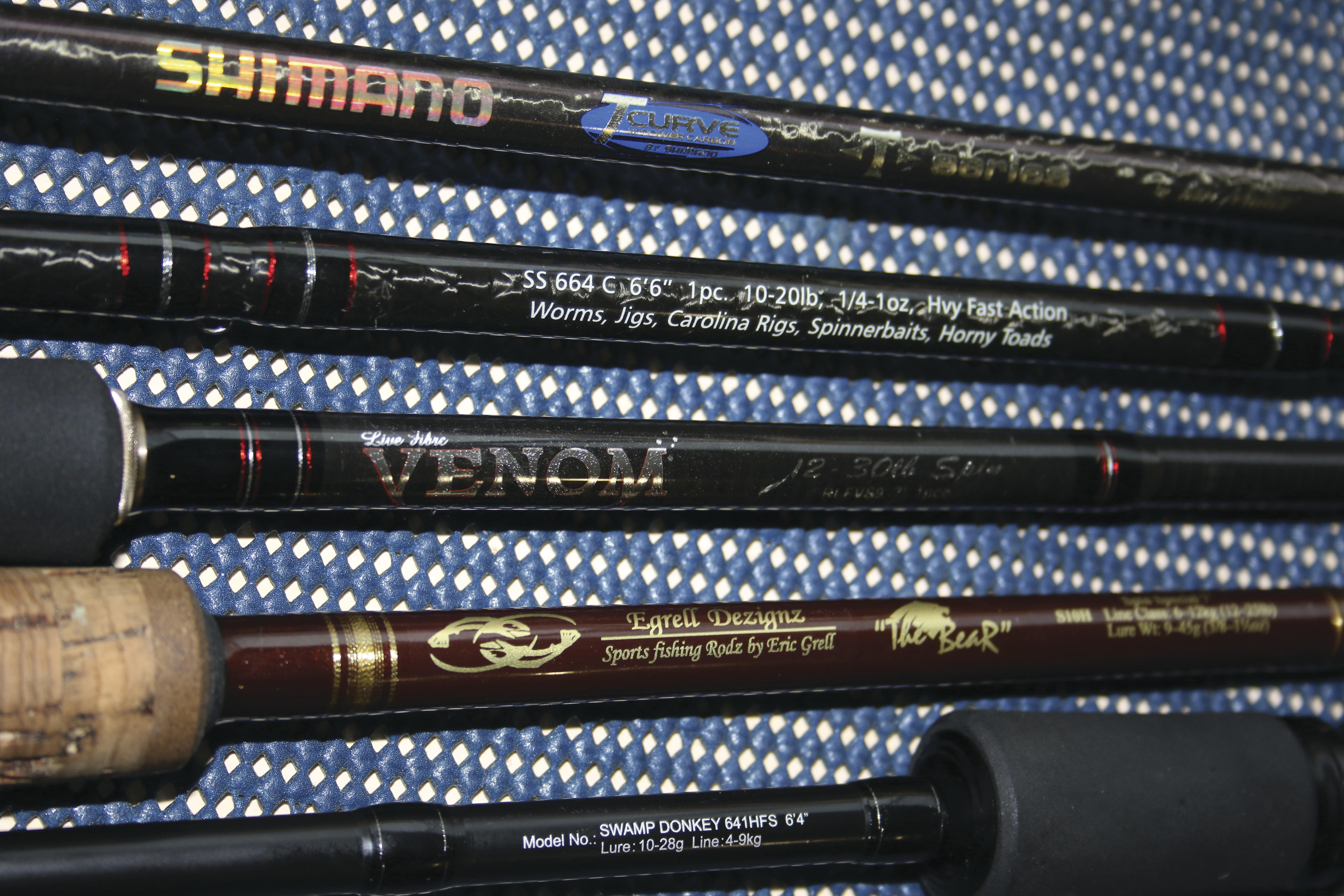Have you ever stopped to think about how some simple words in our language, like "rod," truly carry so much weight and so many different ideas? It's almost as if these words have their own family, a collection of related meanings and uses that, in a way, stick together, forming what we might call "rod wave brothers." These aren't people, you see, but rather the many forms and functions that this very common term takes on, flowing through our conversations and daily lives.
It's quite fascinating, actually, how one small word can represent so many different things, from something you might find in your home to a vital part of a machine, or even a tiny component inside your own eye. We often use these words without a second thought, but when you pull them apart a little, you start to see just how rich and varied their lives truly are. This exploration is, in some respects, about looking closely at how words like "rod" have grown and changed over time, picking up new meanings and uses as they go.
So, we're going to take a closer look at these various aspects of the word "rod," exploring its many definitions and how they connect. It's a bit like tracing the lineage of a very old and versatile family, where each member, though different, shares a common root. We'll see how something so basic can be so incredibly versatile, showing up in places you might not expect, and how these "rod wave brothers" help shape our world in countless ways.
- Carson Shearer Dance
- Gourmia Air Fryer Recalls
- Cual Es El Beso De Judas
- Slick Back Middle Part
- Brainrot Fanum Nights
Table of Contents
- The Many Lives of a Rod - A Conceptual Biography
- What Makes a Rod a "Rod Wave Brother"?
- Characteristics and Kinship - The "Rod Wave Brothers" Attributes
- How Do These "Rod Wave Brothers" Appear in Our World?
- The Deeper Meanings - Beyond the Physical "Rod Wave Brothers"
- Are All "Rod Wave Brothers" Visible to the Eye?
- The Language of "Rods" - A Rich Tapestry of "Rod Wave Brothers"
- What Can We Learn from the "Rod Wave Brothers" of Language?
The Many Lives of a Rod - A Conceptual Biography
When we think about the "life story" of a word like "rod," we're really looking at how its meaning has taken shape over a very long time. It typically begins with something quite simple and physical, something you can hold or see. For "rod," its earliest sense points to a straightforward, slender piece of material that grows on a tree or a bush, or something cut from it. This is, in a way, its most basic form, its original state, so to speak. It's the starting point for all its various "rod wave brothers" that would later emerge.
From that initial, natural beginning, the concept of a "rod" began to expand, taking on new roles and uses. It wasn't just a part of a plant anymore; it became a tool, a symbol, or a component in something much larger. This evolution shows us how language itself grows, adapting words to fit new needs and new inventions. You know, it's almost like watching a family tree branch out, with each new branch representing a different way the word "rod" came to be used and understood.
The journey of this word, therefore, is a story of versatility. From a simple stick, it transformed into something that could be used for building, for punishment, for ceremony, or even as a part of our own biology. This adaptability is a key characteristic of many common words, allowing them to remain relevant across different eras and contexts. We see, then, that the story of "rod" is really a testament to how language can stretch and mold itself to fit an ever-changing world, adding new "rod wave brothers" along the way.
- Daisy Melanin Viral Video Original Video
- Tony Lopez Helicopter Video 2019
- Lucy Mochi Controversy
- Sister Brother Share Hotel Room
- Shanik Berman Divorcio
What Makes a Rod a "Rod Wave Brother"?
So, what exactly defines something as a "rod," and by extension, one of these "rod wave brothers"? At its heart, a rod is usually a long, straight, and slender object. This core characteristic remains pretty consistent across most of its uses, whether it's made of wood, metal, or glass. It's this fundamental shape and form that links all the various meanings together, creating a sense of family among them. You know, like how siblings might have different personalities but share a common look or trait.
The "brothers" aspect comes from the diverse ways this basic form gets put to work. One "rod wave brother" might be a simple walking stick, offering support to someone on a stroll. Another might be a strong piece of steel, giving strength to a building's structure. Each one serves a distinct purpose, yet they all share that essential "rod-ness." This variety in function, all stemming from a similar physical description, is what makes the word so incredibly useful and widespread in our everyday language, too.
Characteristics and Kinship - The "Rod Wave Brothers" Attributes
When we consider the "personal details" or "bio data" of these conceptual "rod wave brothers," we're really talking about their defining features and how they relate to one another. These attributes help us tell one "rod" from another, even though they all come from the same linguistic family. It's like listing the key traits of different family members, helping us to see their unique qualities while still recognizing their shared heritage. Below, you'll find a breakdown of what makes each of these "rod wave brothers" distinct, yet connected.
| Attribute | Description or Examples |
|---|---|
| Origin | Often a straight, slender shoot or stem, either still part of a bush or tree, or cut from one. |
| Basic Form | Typically a long, thin pole, bar, or stick, which might be made of wood or metal. |
| Materials | Can be crafted from various substances, including wood, metal, glass, or plastic. |
| Primary Use | Often employed to provide support, guide movement, or transmit mechanical force. |
| Specialized Types | Includes items like fishing rods, lightning rods, or connecting rods in machinery. |
| Symbolic Use | Can represent authority (ceremonial rod) or be used for discipline (birch rod). |
| Biological Aspect | Refers to a type of cell found in the retina, sensitive to light but not color. |
| Linguistic Scope | The Oxford English Dictionary lists 32 different meanings for the noun "rod," with two now considered outdated. |
How Do These "Rod Wave Brothers" Appear in Our World?
You might be surprised by just how often these "rod wave brothers" pop up in our daily surroundings. Think about your own home, for instance. Those curtain rods holding up your drapes are a perfect illustration of a "rod" in action, serving a very practical purpose. Or, consider the buildings all around us; they often have steel rods inside their concrete structures, giving them the strength and stability they need to stand tall. These are just a few common ways the word finds its place in our physical environment, you know, being very much a part of the everyday.
Beyond the home and construction, these long, thin objects show up in many other places. A walking stick, which some people use for support when out and about, is essentially a rod. And in various machines, you'll find metal bars, or rods, that help connect parts or transfer motion. It's clear that the simple form of a "rod" is incredibly versatile, making it a go-to shape for countless functions across different areas of life. This widespread presence really shows how deeply ingrained these "rod wave brothers" are in our world.
The Deeper Meanings - Beyond the Physical "Rod Wave Brothers"
While many "rod wave brothers" are tangible objects we can see and touch, some meanings of "rod" reach beyond the purely physical, touching upon concepts and symbols. Take, for instance, the idea of a ceremonial rod. This isn't just a stick; it's a powerful symbol, used to show someone's position of authority or their special role. It's about what the object represents, rather than just its material form. This kind of "rod" carries a weight of meaning that goes far beyond its simple construction, you see.
Then there's the birch rod, which historically was made from twigs and used for corporal punishment. This particular "rod wave brother" carries a much heavier, even a bit somber, connotation. It's not about support or structure here, but about discipline and consequences. This shows how a word can take on meanings that reflect human practices and societal norms, even if those practices are now largely a thing of the past. It's quite interesting how one word can hold such a range of associations, from the practical to the symbolic, and even to the historical.
Are All "Rod Wave Brothers" Visible to the Eye?
It's interesting to consider that not all "rod wave brothers" are things you can easily spot or pick up. Some exist on a much smaller, even microscopic, level. A perfect example of this is the "rod" that refers to a type of cell found in the retina, which is that part at the very back of your eye. These tiny biological "rods" are crucial for our vision, especially in dim light. They help us see shapes and movement when there isn't much light around, proving that some "rods" are truly hidden from plain view, yet incredibly important.
These particular "rod wave brothers" in our eyes are more sensitive to light than their counterparts, the "cones," but they don't help us see color. So, while they're fantastic for night vision, they don't give us the vibrant world of hues we experience in bright daylight. This biological meaning truly expands our sense of what a "rod" can be, showing it's not just about wood or metal, but also about the intricate workings of life itself. It's a pretty amazing example of how a word can apply to something so fundamental to our own bodies.
The Language of "Rods" - A Rich Tapestry of "Rod Wave Brothers"
When we look at the word "rod" from a purely linguistic perspective, it's clear it has an incredibly rich and varied life. The Oxford English Dictionary, which is a pretty comprehensive source for word meanings, lists a remarkable 32 different entries for the noun "rod." Think about that for a moment – one small word, with so many distinct interpretations! This really highlights how flexible and adaptable our language can be, allowing a single term to carry a multitude of senses, some of which, like two of these meanings, are now considered obsolete, which is that, just no longer in common use.
The dictionary also points out that you can find "meaning & use" information for each of these definitions, along with "quotation evidence." This means that for every single one of those 32 meanings, there are actual examples from written works showing how the word "rod" has been used in that specific way over time. It's like having a historical record for each of the "rod wave brothers," tracing their individual journeys through the English language. This kind of detailed linguistic record truly showcases the depth and breadth of a word's life.
What Can We Learn from the "Rod Wave Brothers" of Language?
So, what's the big takeaway from exploring these many "rod wave brothers"? Well, one thing we can certainly gather is how dynamic and alive language truly is. A word like "rod," which seems so simple at first glance, actually holds a whole universe of meanings and applications. It teaches us that words aren't just fixed labels; they're more like living entities that grow, change, and adapt over centuries, picking up new associations as human society evolves. It's pretty cool, actually, to think about how words can be so fluid.
Another important lesson is the significance of context. When someone uses the word "rod," its exact meaning depends entirely on the situation it's used in. A "fishing rod" is very different from a "connecting rod," even though they share the same base word. This reminds us that to truly grasp what someone is saying, we need to pay attention to the surrounding words and the overall scenario. It's a good reminder that communication is a nuanced thing, and these "rod wave brothers" certainly help illustrate that point, in a way.



Detail Author:
- Name : Sven Spinka
- Username : evalyn.mosciski
- Email : karina68@gmail.com
- Birthdate : 2006-06-02
- Address : 73955 Claud Parks Nikolaushaven, RI 27439
- Phone : 662-795-0834
- Company : Hyatt Group
- Job : Stonemason
- Bio : Suscipit cum voluptatem molestias aliquid inventore quia enim. Assumenda voluptates sunt animi. Cupiditate id quibusdam omnis reiciendis et quae.
Socials
twitter:
- url : https://twitter.com/amya606
- username : amya606
- bio : Sint consequuntur illo consequuntur commodi velit. Odit quia officiis cum voluptatem molestiae voluptatum. Nihil accusamus non architecto dolores quia.
- followers : 1371
- following : 1981
tiktok:
- url : https://tiktok.com/@amya8198
- username : amya8198
- bio : Vitae iure vel aut voluptas occaecati reiciendis.
- followers : 3532
- following : 2373
facebook:
- url : https://facebook.com/quigley2007
- username : quigley2007
- bio : Voluptatem eum aperiam praesentium ea facere nobis pariatur quidem.
- followers : 306
- following : 1675
instagram:
- url : https://instagram.com/amya7643
- username : amya7643
- bio : Ut quos omnis nihil sit sit enim. Sint dolore magni dolor expedita non.
- followers : 5664
- following : 2604